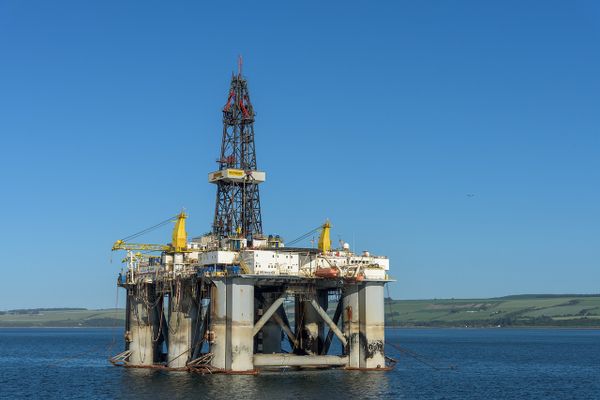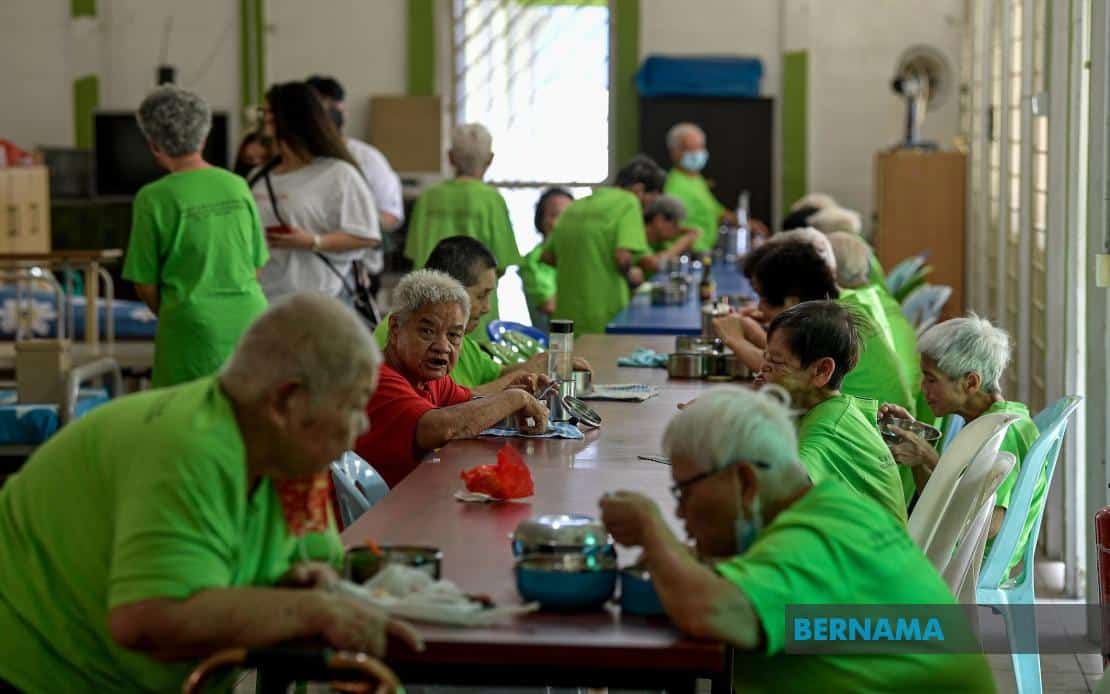KUALA LUMPUR, June 6 — The government will review policies related to the oil and gas service and equipment (OGSE) industry, said Economy Minister Rafizi Ramli.
The review will enable the sector to be more global, sustainable, agile, and divergent as the global trajectory of the OGSE industry is much more positive now compared to six years ago.
“I think there is a realisation in the world, not just in Malaysia, that we are looking at the phase down and not an abrupt phasing out of fossil fuel.
“Therefore, crude oil and gas are going to be there,” he said after the launch of the OGSE Census 2024 today.
Rafizi said government signalling is also important so the financial sector can realign to the industry's new reality.
“The ministry is working on specific initiatives for the industry because, given the risk profile, it has to be treated slightly differently.
“Discussions are ongoing about extending credit lines and private credit to qualified oil and gas companies,” he said.
As such, interest in oil and gas companies is coming back and will slowly improve. This makes the government's policy alignment necessary; otherwise, financing will be quite a challenge.
Rafizi said the oil and gas industry in Malaysia has changed drastically in the last 15 years, and the country’s oil output has decreased from its peak of 650,000 barrels a day to 370,000 barrels a day.
“Same with the gas industry. The demand for natural gas is increasing every year and at the same time, domestic production is no longer able to meet the demand,” he said.
Therefore, the minister believes the OGSE Census 2024 will help develop a stronger, more resilient, and more competitive OGSE sector globally and contribute to the development of the country’s economy.
The census will be conducted from June to September 2024 and will be held for the first time by the Department of Statistics Malaysia (DOSM) in collaboration with the Malaysia Petroleum Resources Corporation and the national oil and gas company Petronas.
As Chief Statistician Datuk Seri Mohd Uzir Mahidin had mentioned, the OGSE Census' implementation will involve two phases of data collection and field operations, which will run from today until September 2024.
Meanwhile, the second phase is a data processing period that ends in October, involving 3,582 establishments nationwide.
“Organisations involved in the OGSE industry will be contacted by the relevant state DOSM offices throughout the country,” he said.
Uzir added that four objectives have been targeted for the implementation of the census: first, to measure the performance of the OGSE industry involving gross domestic product, employment, and exports.
Secondly, it will be the new benchmark for Malaysia’s OGSE statistics, which cover data on output, input, value-added, employees, wages and salaries, information and communications technology, and micro, small, and medium enterprises at the national and state levels.
“Thirdly, evaluate the achievement of national policies or programmes such as the 12th Malaysia Plan and to further increase the country’s statistical capacity through updating of the Malaysia Statistical Business Register and the Malaysian economic database,” he said.
Uzir said the implementation of the OGSE Census for the year 2024 will show a significant outcome where the results can be used to plan development programmes for the Malaysian OGSE industry.
— Bernama








